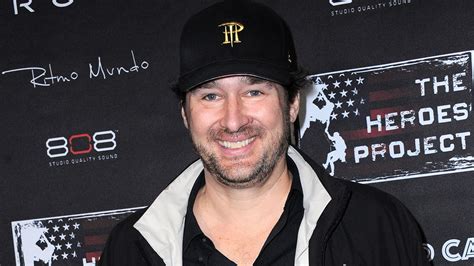A Quote by Jean Chatzky
Generally, there are three rules when it comes to borrowing money: You need to have good credit, proof of income and cash for a down payment. Most people have the first two, but it's the third that trips them up. And nowhere does that come into play more than the mortgage market.
Related Quotes
There are two definitions of deflation. Most people think of it simply as prices going down. But debt deflation is what happens when people have to spend more and more of their income to carry the debts that they've run up - to pay their mortgage debt, to pay the credit card debt, to pay student loans.
Potential home buyers have a two-step decision process. First, they determine whether they can afford to make a purchase - does their income safely cover their mortgage payment? Then they determine whether owning is a better financial choice than renting - are the costs of owning a home lower than the cost of renting it?
You know what higher interest rates mean. To you it means a higher mortgage payment, a higher car payment, a higher credit card payment. To our economy, it means business people will not borrow as much money, invest as much money, create as many new jobs, create as much wealth, raise as many raises.
If we had created rules to automatically turn up the required down payment on a home when there's a housing bubble, or just say that the mortgage on a property cannot be larger than the value of the property three years ago, the amount of human misery that would've been avoided would've been enormous.
The only thing I took advantage of at Extreme Rules was an opportunity to cash in my Money in the Bank contract, which I did successfully, well within the rules. You know, Jeff knows this, you know this, the fans know this: nowhere on that contract does it say, under any circumstances, 'Do not cash in on Jeff Hardy.'
The real reason why I don't play in many big cash games is because I can't stomach the thought of losing $100,000 or more in any given session. If I play three consecutive days at the Bellagio, I might win two days but lose big on the third. Really, who needs the agony of losing that much money? Not me.
Everybody would be better off if they could buy housing for only, let's say, a carrying charge of one-quarter of their income. That used to be the case 50 years ago. Buyers had to save up and make a higher down payment, giving them more equity - perhaps 25 or 30 percent. But today, banks are creating enough credit to bid up housing prices again.
I tend to go with things people need. Obviously with the barbershop, people will need haircuts regardless of the economy. In a down economy, I choose businesses that don't require a lot of start-up cash or a cash injection on a regular basis. They might need some initially, but not often after. Rental of properties is a good business in a down economy as people struggle with mortgages.
If you want to spend more money in restaurants, use credit cards more than cash. If you want to spend less, use cash more than credit cards. But in general, we can think about how to use the pain of paying and how much of it do we want. And I think we have like a range. Credit cards have very little pain of paying, debit cards have a little bit more because you feel like today, at least it is coming out of your checking account, and cash has much more.
If you have loans, the first thing you want to do is say, "Okay, look I have a credit card, if I really need to borrow, I have this emergency money that I can get, but for now there is no reason for me to keep cash at zero percent interest rate and at the same time, pay all of this money out. So, I think people need to figure out quickly how to pay loans and how much cash they should really keep.






























